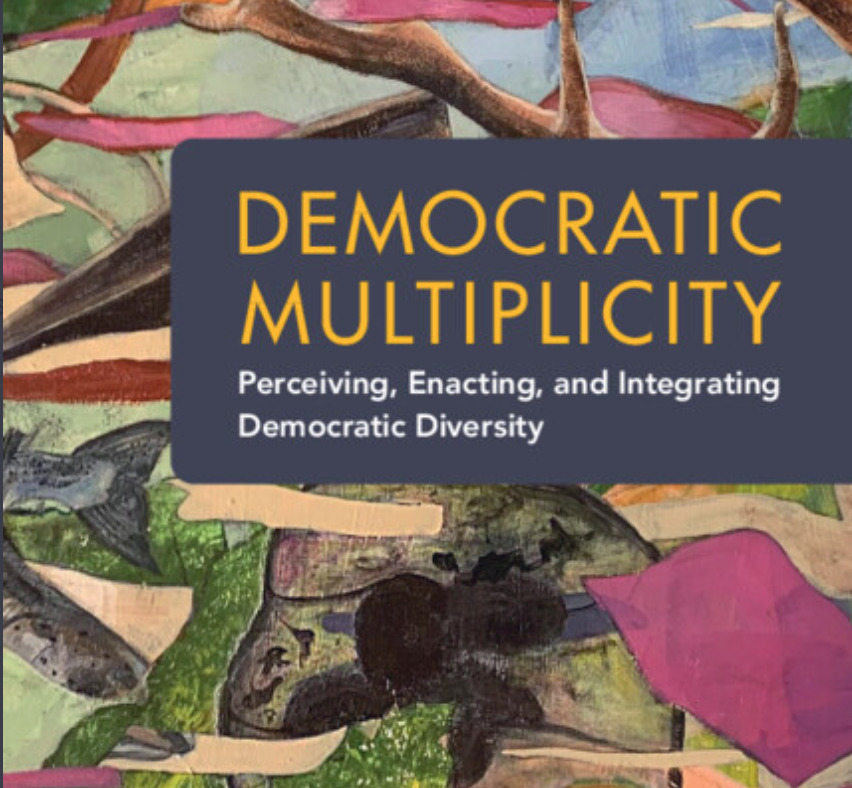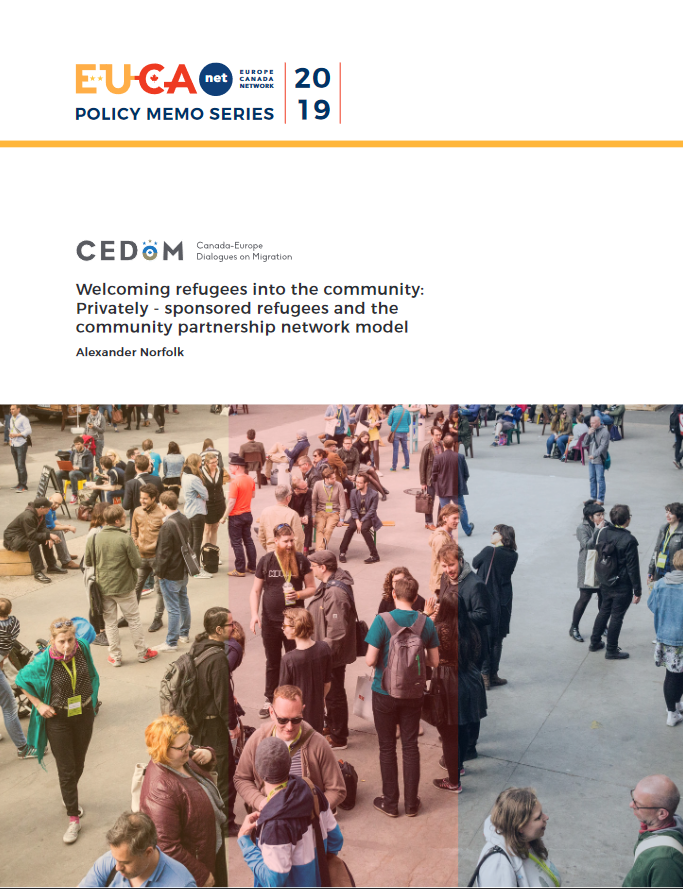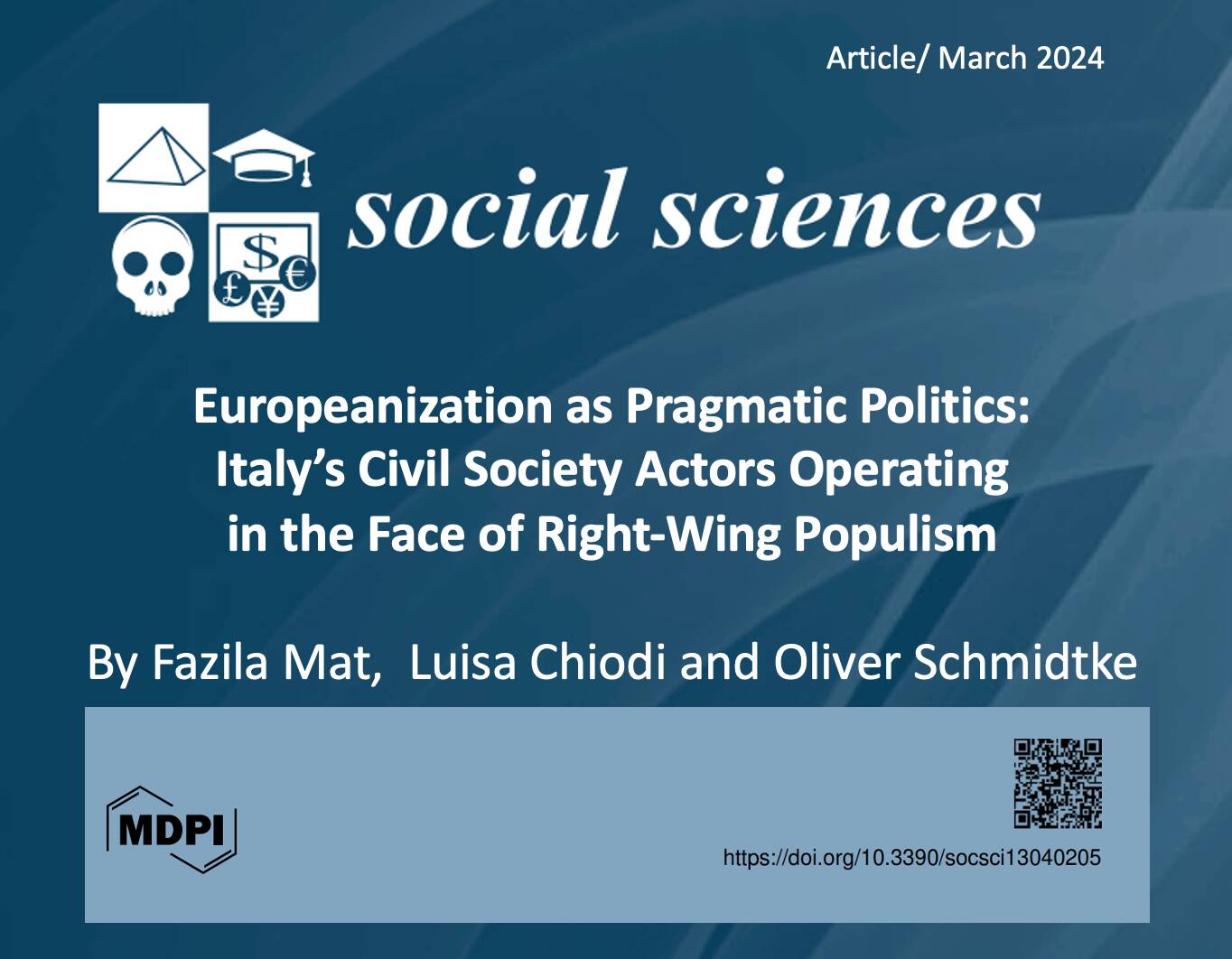Europe’s Populist Surge – Italy’s Move to the Right (2), by Oliver Schmidtke
By Oliver Schmidtke, Centre for Global Studies, University of Victoria
The initial exit polls indicate what many commentators have predicted for the Italian elections: The country has moved to the right. The first predictions of the election results show a decisive loss for the currently ruling Democratic Party and substantial gains for the populist Five Star Movement, most likely the largest single party, as well as Berlusconi’s centre-right coalition. Yet, it seems that none of the three blocs have a majority to govern the country. With a hung parliament likely, Italy will face difficult negotiations to form a viable government.
While the shape of Italy’s future government is uncertain, the electoral campaign and projected outcome highlight how significant nationalistic, anti-immigrant sentiments have become in competitive party politics. Italy is still suffering from the fallout of the 2008 financial and economic crisis. The country’s economic output is still almost 6% under pre-crisis levels, the unemployment rate sits at about 11% (over 30% for youth) and 18 million people were faced with the risk of poverty last year.
It is in this climate that in particular the nationalist League has campaigned with an aggressive ‘Italy First’ slogan blaming the ills of society on the influx of immigrants in general and over 600.000 refugees over the past four years in particular. The League’s leader Matteo Salvini has vowed to deport more than half a million refugees and migrants; this party regularly depicts immigration in terms of an uncontrollable ‘invasion’. Silvio Berlusconi and his Forza Italia similarly embarked on an anti-immigrant rhetoric in their political mobilization: After the shooting rampage of a neo-fascist targeting African migrants in the town of Macerata, Berlusconi warned of refugees as a ‘social time bomb’. Much of the political campaign of Berlusconi’s coalition was directed at immigrants as an alleged threat to the wellbeing and security of Italians (notwithstanding the fact that crime rates have dropped considerably over the past years and that most immigrants in Italy take care of those jobs in farming or the service industry that Italians no longer want to fill).
It might still be uncertain what kind of government might be formed over the next weeks and months. Yet one thing is certain: These elections have further marginalized immigrants in Italy and provided legitimacy to intolerance. In this respect, Italy seems to follow a trend in Europe’s liberal democracies that we have witnessed unfold most recently in Austria: The centre right has partly endorsed the rhetoric of populist nationalism and its anti-immigrant agenda. In almost all of Europe, the extreme right is still not in a position to win a majority. Yet, the likelihood of becoming part of a governing coalition and of shifting the overall political climate towards an exclusionary nationalism is increasingly acute. We still need to see the final results of the elections but it could very well be the case that a coalition government includes the staunchly anti-immigrant League and the neo-fascist party of the Brothers of Italy.
About the author: Oliver Schmidtke is Director of the Centre for Global Studies (CFGS) and Jean Monnet Chair in European Politics and History at the University of Victoria. Dr. Schmidtke, a former director of European Studies and president of the European Community Studies Association in Canada (ECSA-C), holds appointments in the departments of Political Science and History. Currently his research focuses on issues of democracy, populism, memory politics, the labour market inclusion of highly skilled immigrants as well as processes of political advocacy of migrant and minority groups.










